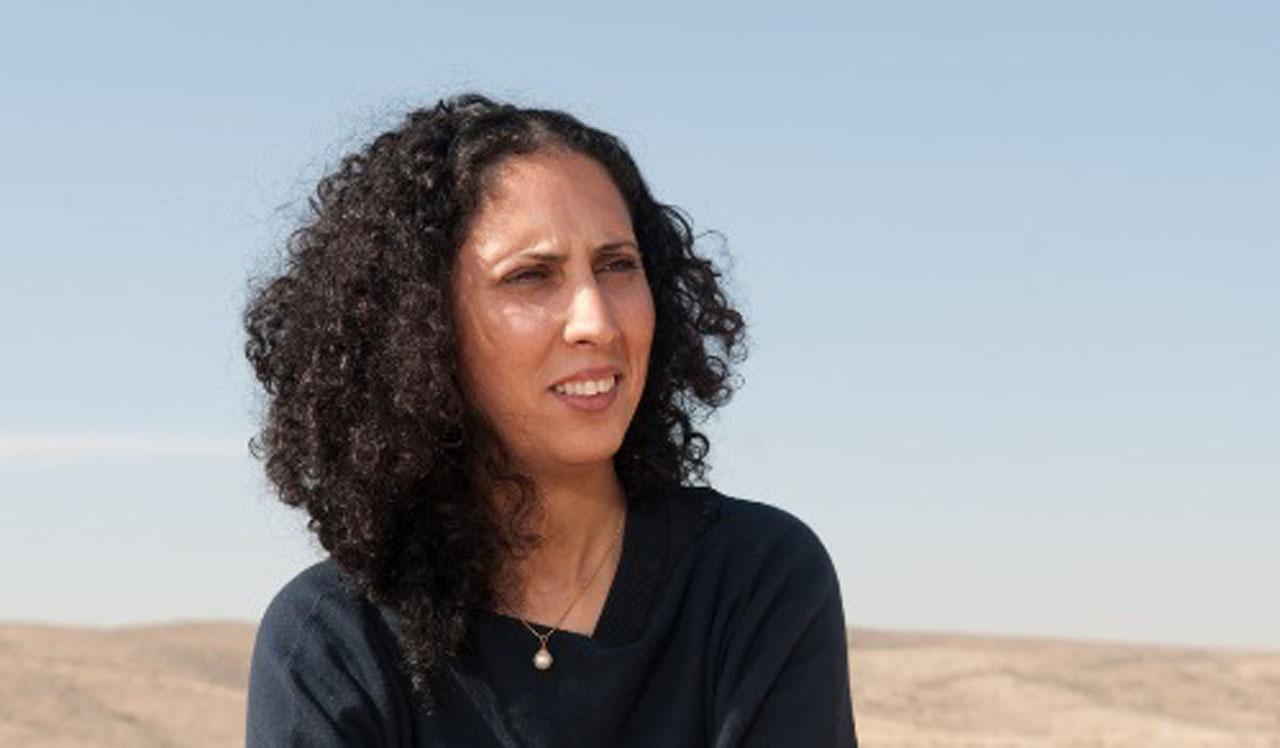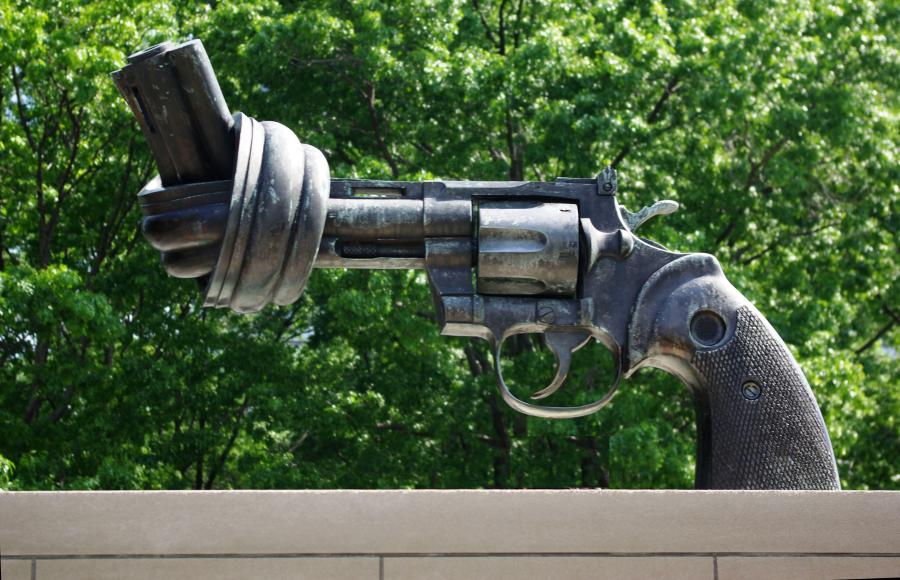
The Bedouin are traditionally a pastoral, semi nomadic Arab people, Indigenous to the Sinai Peninsula and the Negev desert in southern Israel. Today, while most live in towns and villages, they are still considered the “Arab nomads” of Israel -- a minority within the Arab minority -- in the Jewish state. There are an estimated 160,000 Bedouin in Israel, 110,000 of which live the Negev. As one, Sarab Abu-Rabia-Queder remembers growing up among the three distinct cultures in her hometown of Beer Sheva, the largest city in the Negev. Sarab was the first Bedouin woman to earn her Ph. D, and she believes education is the primary tool Bedouins can use to help their communities, plagued with disproportionably high unemployment, low levels of education and all around discrimination. “In the hegemonic state, education is very important for social mobility, economic advancement and progress,“ she repeated often in a recent phone interview. “Indigenous people who are discriminated against are not part of the decision making process. Education puts them in the center of the discussion… leading directly to the improvement of their lives.” Sarab Abu-Rabia-Queder has worked tirelessly as an academic striving to strengthen the voice of her community, and her story should be shared with those who believe education is a path for progress and an important tool for Indigenous Peoples to increase awareness, recognition and autonomy.
Sarab received her Ph. D from Ben-Gurion University in 2006. Her thesis work, “Pioneer women in Higher Education: The Meaning of Pioneering among Educated Women in the Negev” has earned her a number of honors, awards and fellowships. Today, she works in the schools department of education and continues to study cultural-social transitions of desert peoples, education and identity, and the impact of modernization and development on gender relations. She continues to use her research and position as an academic to increase cultural awareness within Israel, study Bedouin activism, and examine how modernization and education has affected Bedouin women.
Sarab’s father was Bedouin from an underprivileged village and her mother, a Jew from northern Israel. Both were educated, and her father was one of the first physicians in the Negev. They encouraged her to go to school, but in Beer Sheva, a city that still has only one Arab school for 6,000 Arab families, her mother’s religion enabled her to be able to attend one of the better-funded Jewish schools. “This was during the first Intifada of 1988, and it was difficult for a Bedouin teenager to study in a Jewish school,” she recalls. “I had to work hard to maintain my own culture and my own religion... I wanted to integrate with them at the education and structural level, but not so much in a social way”. Even at that young age maintaining her “cultural autonomy,” was very important.
Later, while enrolled at Ben-Gurion University Sarab was one of only 8 female Bedouins at the school. This inspired her to pursue a master’s degree investigating why Bedouin woman were dropping out of school at rates as high as 100% in some villages. Her results, seen in her paper “Between tradition and modernization: understanding the problem of Bedouin female dropout” saw the problem as insufficient cultural understanding in the policies of the state, combined with reluctance from the traditionally patriarchic Bedouin society. Since then, some progress has been made.
“There were only eight women when I was at University, and now there are more then 300.” “But you cannot say its thanks to the Israeli government or state, ” who Sarab says still offers “little investment in Bedouin education”. “I can say thanks to the awareness, the political and social awareness of Bedouin communities, who push for more acceptance of education for Bedouin women”. She promotes “embedding tradition in the modern space”, such as separate schools for both boys and girls, as a proven method for traditional societies, such as the Bedouin, to slowly begin to accept modern practices.
She views education as not only important to the individual, but to the greater community. “I can see this in my own research that education creates local leadership in our people and in our communities, and these leaders can link our past in order to create a better future. I think that now this issue of local leadership is very important because according to our research, leadership brings loyalty to the region, as opposed to loyalty to just the tribe.” She believes she’s seen progress Bedouins developing a regional community, rather then just within their tribe, and this is an important tool in gaining more recognition within the Israeli state.
Embodying this progression are Hagar Schools, an education movement that Sarab specifically cites as the kind of advancements that needs to be made within Israel. These schools offer classrooms with two teachers, one Arab and one Jewish, who teach bi-lingual lessons in both cultures traditions. “This initiative brings together Arabs and Jews from the regional community of the Negev and makes them close to each other. In our time of conflict it is the only system for children to grow up in real peace. They know each other as ‘Mahmoos’ and ‘Sara’, not as ‘Arab’ or ‘Jew,’ as it was when I was in high school”. Rather then attend under funded Arab schools, or the culturally dominant Jewish Kibbutz’s, Bedouin teens now have an alternative, and Sarab believes these schools are an important part of promoting education within the Bedouin community.
Article by Derek Smallwood.
Dereck is a former Cultural Survival intern.

